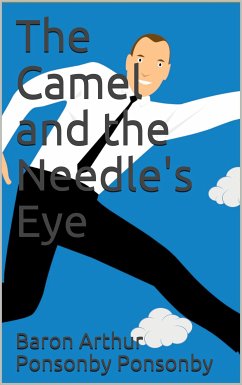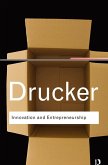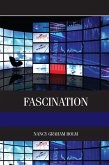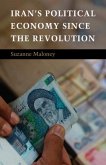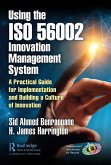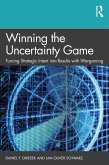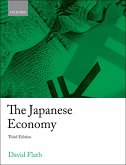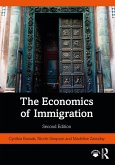MY original intention was to collect together a number of essays on some of the most important bearings of the question of the expenditure of riches. After corresponding with those whom I had invited to join me in this undertaking, I became aware that in spite of our substantial agreement on main principles it would be difficult to secure uniformity in the treatment of the theme, and impossible to carry on any sustained argument through the varied contributions of different people writing from different points of view. Accordingly I came to the conclusion that I must renounce the co-operation of men well qualified to speak, whose knowledge and experience would have given their opinions special weight, and work out my own argument unaided.
Had I approached the subject from the standpoint of a scientific economist, I should have hesitated to enter upon such a formidable task. The more special knowledge a man has, the more conscious does he become of the impossibility of dealing adequately with his subject. But my object has been to write as one knowing no more than others who take any interest in human affairs and watch the play of social forces, as one who is no spectator in the combat he describes, and who, being himself infected with the malady he is studying, is perhaps the better able to diagnose it. I do not speak as a preacher to his congregation, as a teacher to his pupils, as a moralist to his disciples, or even as a politician to his audience, but as one man submitting his opinion for what it is worth to another.
At the same time, I am compelled by a deep conviction in the truth of my argument which passing years and the course of events only serve to strengthen, and if, by the brief suggestions contained in these pages, I can succeed in inducing anyone to examine more closely this branch of the Social Problem, which in my opinion is too often dismissed as negligible, I shall be amply repaid.
Had I approached the subject from the standpoint of a scientific economist, I should have hesitated to enter upon such a formidable task. The more special knowledge a man has, the more conscious does he become of the impossibility of dealing adequately with his subject. But my object has been to write as one knowing no more than others who take any interest in human affairs and watch the play of social forces, as one who is no spectator in the combat he describes, and who, being himself infected with the malady he is studying, is perhaps the better able to diagnose it. I do not speak as a preacher to his congregation, as a teacher to his pupils, as a moralist to his disciples, or even as a politician to his audience, but as one man submitting his opinion for what it is worth to another.
At the same time, I am compelled by a deep conviction in the truth of my argument which passing years and the course of events only serve to strengthen, and if, by the brief suggestions contained in these pages, I can succeed in inducing anyone to examine more closely this branch of the Social Problem, which in my opinion is too often dismissed as negligible, I shall be amply repaid.

